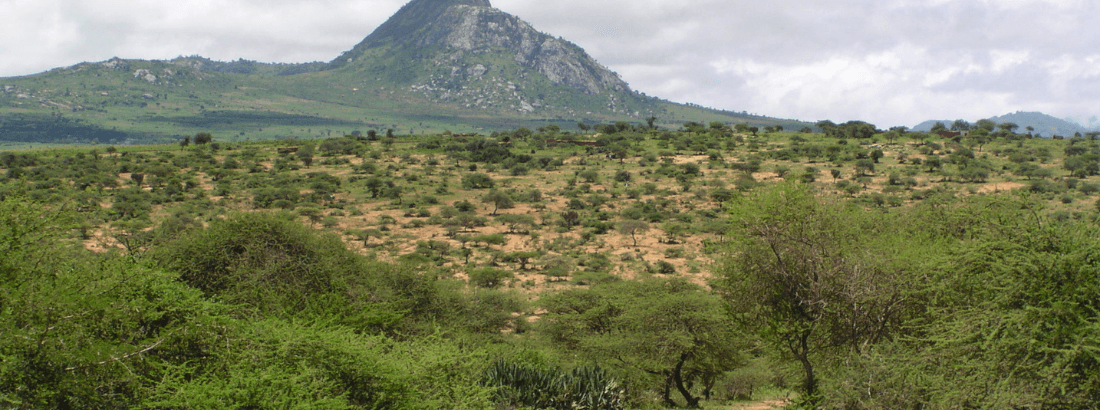IFRO Partner: Associate Professor Iben Nathan
PI: Professor Ida Theilade (IGN)

Protection and restoration of forests ecosystems has potential to store carbon and support human resilience. However, forest management in the Global South often relies on post-colonial knowledge systems, while ignoring the key role of local communities and Indigenous People in successful, sustainable, and just climate action.
Digital citizen science technologies such as smartphones have been proposed to enhance local involvement in knowledge production. But does it bring about actual transformative change in forest-climate initiatives or are they overhyped techno-fixes? Can they contribute to decolonize climate knowledge production?
This project will for the first time critically examine whether the emergence of digital citizen science in climate-related forest conservation contribute to transforming environmental knowledge systems and outcomes for people and forest policies in Tanzania.
Specifically, the project will examine four knowledge gaps:
| Name | Title | |
|---|---|---|
| Iben Nathan | Associate Professor |
|